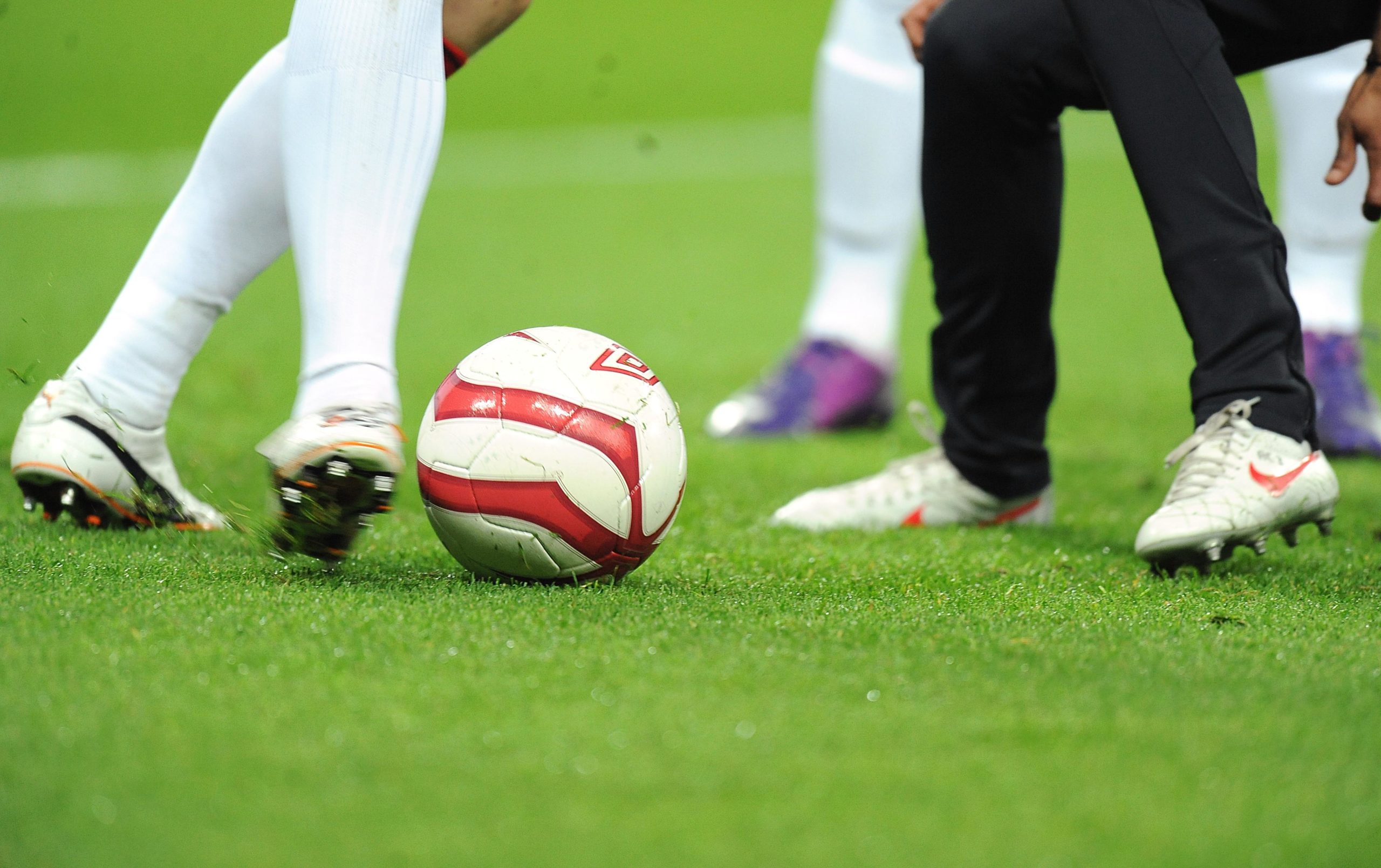
The United Kingdom is prolific for different reasons. Different aspects of our daily lives and our major sources of interest serve as the edge this nation enjoys as a comparative advantage over other states. One of the aspects of our lives where the United Kingdom is flourishing is in sports.
The UK boasts of a full-blown football system that now revolves around quite several leagues with the majority of these different leagues being regulated by a designated arm of the Football Association. This progress in sports has not just come from nowhere. The advancements can largely be ascribed to the age-long relationship between UK football and gambling operators.
For long years, football and betting firms have maintained a civil and reciprocal relationship. UK punters use to gamble at European sites for sports betting as this is an attractive activity for them. The truth is that gambling sponsors are only seeking a medium to put their brands out there for everyone to see. If they can reach a wider audience with their business, then it is easier for them to attract and keep more customers.
Strained Gambling And Football Relationship
On the flip side, however, it may seem as though the relationship between these two parties have strayed out of bounds that it is now getting worrisome. It is worrisome that in the top two levels of UK football, almost 60% of football clubs have signed and maintained sponsorship deals with various betting firms. This dominance is somewhat creating too much of an influx and a level of dependency on gambling sponsorship.
For this article, we will be considering the view of the former FA chief executive and the present chairman of Tranmere Rovers FC, Mr. Mark Palios. According to him, UK football must do what it can to “wean” itself off sponsorships from these betting firms.
In his interviews with BBC Radio 4’s File on 4 programs, he posited that UK football and gambling relationships had gone “too far”. In his own words, “We can’t change the bigger picture in terms of the football industry being involved to the extent it is but from a personal perspective that’s what we do. Football has to wean itself off the position it is in at the moment – and that’s the best verb I can use. It’s certainly gone too far.”
The club chairman further disclosed that an employee had once stolen from the football club to satisfy their problem gambling habits and he had similarly assisted a host of players in the club with betting challenges.
Mr. Palios likewise posited that he sees gambling as pernicious and as such, people should be protected from its hazards not exposed to it as is the case with the present widespread of sponsors dominating the UK football environment.
“I see gambling as something that is pernicious. People get hooked into it and it is a hidden addiction,” he explained.
“You see people stealing from their employers as we’ve seen and it destroys relationships and fundamentally damages family units and family units are a massive part of the community.”
Gambling Promotions Among UK Football Clubs
As we had stated earlier, approximately 60 percent of the football clubs playing in the top two divisions in England have gambling firms as their shirt sponsors this season. This includes nine out of 20 football clubs in the Premier League and a striking 17 of 24 football clubs in the Championship.
Furthermore, four of 48 football clubs in both Leagues One and Two will hold up gambling promotions on their shirts, with another four of 12 football clubs in the Scottish Premiership including Rangers and Celtic doing the same.
Even more, Sky Bet are the current sponsors of the English Football League, which further stresses the situation in the country’s football as presently, the number of teams with gambling sponsors has increased significantly.
Organizations Against Betting Ads
You must understand that this rise in dominance of betting operators most troubles charity organizations that handle the adverse effects of the UK’s £14billion gambling industry penetration.
The Chief Executive of GambleAware, Marc Etches in his own words, said: “I think we are at a tipping point in terms of the relationship between professional sports and gambling. We have a generation of fans who believe you have to bet on football to enjoy it and that is disturbing and concerning. It is a very different place in the past when there were only weekly pools and spot-the-ball. The time is now for a much-needed debate about how we do this. Watching football and having a bet is becoming normalized but we’re not talking about it.”
Etches then stated that he had written letters to all the football clubs in the Premier League and those in the other two main leagues concerning his worries last year.
He likewise praised Crystal Palace for collaborating with GambleAware on a movement to promote “safer gambling.” The charity has again kick-started two research schemes to consider the influence of gambling ads on young people, especially in the U.K football.












